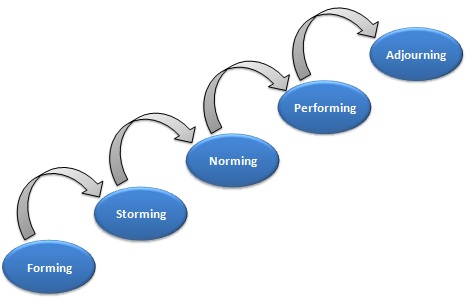
I
feel I have learned so much throughout my coursework at Walden University. I began the program with six years experience
as a preschool director. I felt by
attending this program I could make my school a better place. Now that I have completed this program I
realize I have gained so much more than knowledge regarding the field. This program has changed who I am, the way I perceive
my profession, and my intentions for the future.
Three main things I feel deeply resonated within me
throughout this program are as follows: the importance of equity in education,
the importance of building a budget around the mission and vision of the
program, and the responsibility of every early childhood professional to pursue
advocacy for their children and families.
As far as equity in education, I now understand that what is equitable
for all students does not necessarily mean equal. It is extremely important to get to know each
family and child and recognize their needs in order to provide them with the
best educational experience and assistance required. Considering the mission and vision of a
program prior to allocating any funding is crucial; not only to ensure you are
meeting your intended goals, but to provide transparency to stakeholders. Finally, I have never considered myself as a
possible advocate. I always intended on
helping my families in any way I could, but I never thought about pushing the
envelope, so to speak, and fighting for something I believe in.
Now that I have finished my program I have definitely set
the long-term goal of advocating for school choice vouchers. Through my research it became clear that the
state of Florida has already come so far in offering vouchers to special needs
children and tax-credits to corporations who fund scholarships for low-income
families. I feel that with the right
community of practice and a high level of perseverance, this goal is very
realistic. I will be forever grateful to
Walden University for opening up my eyes to the fact that one person can make a
difference.
My favorite quote from this program is from Mahatma
Gandhi: “Be the change that you wish to see in this world”. Before enrolling in this program I guess I
always felt as if I was powerless when it came to educational policy. Throughout my coursework, I have been
inspired by my instructors, colleagues, and the research I have conducted based
on advocates before me. I now feel I am
equipped with the tools I need to fulfill the passion I have for the future of
private education in the state of Florida and beyond.
Thank
you to everyone who has walked down this road with me! I feel I am now a more passionate,
professional individual, and I plan to use what I have learned to become the magnetic,
transformational leader I know I can be for my staff at Sunlight Christian
Academy (pictured below). We will
continue to strive to create a better future, one child at a time!





